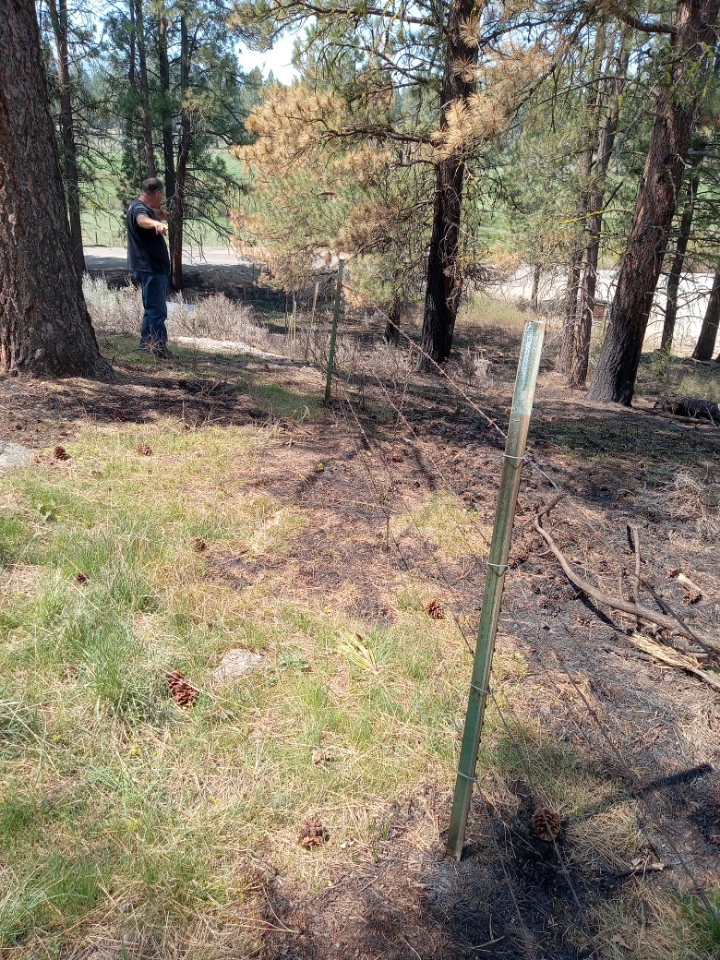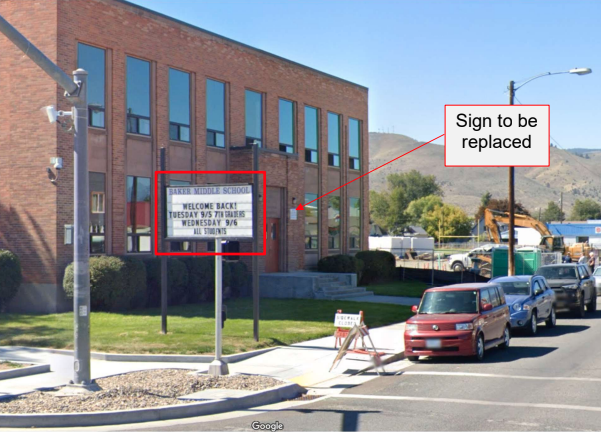Wyden, Merkley criticize proposal to require sale of some public lands in the West
Published 3:22 pm Monday, June 16, 2025
Oregon’s U.S. senators are criticizing a provision in a federal budget bill that would require the sale of about 3.3 million acres of public land in the West, potentially including parcels in Oregon.
Democratic Sen. Jeff Merkley said in a press release he will “fight like hell against any Republican attempts to rip away public lands from public use.”
Oregon’s senior senator, fellow Democrat Ron Wyden, branded the proposed sale of public land “insane” and a “non-starter.”
The version of the federal spending bill that the House of Representatives passed doesn’t include the public sales land provision.
But last week the Senate’s Energy and Natural Resources Committee added the provision to the bill the Senate is considering.
President Donald Trump calls the legislation the “big, beautiful bill.”
Rep. Cliff Bentz, the lone Republican in Oregon’s congressional delegation who represents the 2nd Congressional District, which includes Baker County, had not returned a request for a comment by Monday afternoon, June 16.
The provision would require the sale, by 2030, of public land managed by the U.S. Forest Service and Bureau of Land Management. The bill calls on the secretary of the interior, who oversees the BLM, and secretary of agriculture, who oversees the Forest Service, to sell at least 0.5%, but not more than 0.75%, of both national forest and BLM land.
Public land eligible under the provision is in any of 11 states: Alaska, Arizona, California, Colorado, Idaho, Nevada, New Mexico, Oregon, Utah, Washington and Wyoming.
The provision excludes several categories of public land, including wilderness areas, national parks, national wildlife refuges, national recreation areas and wild and scenic rivers.
Montana is exempt. Ryan Zinke, a congressman from the state and a former interior secretary, led the effort to remove a public lands sale requirement from the House version of the bill.
The BLM manages 245 million acres, and the Forest Service 193 million acres.
Based on the provision, the bill, if it became law, would require the sale of at least 1,225,000 acres of BLM land, but not more than 1,837,500 acres, and between 965,000 and 1,447,500 acres of national forest.
The bill requires the two secretaries, of interior and agriculture, to compile within 60 days after the bill’s passage a list of tracts that could be offered for sale.
The secretaries would be required, before choosing which parcels to offer, to consult with the governors of affected states, local governments such as counties, and Indian tribes.
The choice of parcels to offer for sale would be based on these priorities:
• Parcels nominated by a state or local government.
• Parcels “adjacent to existing developed areas.”
• Parcels that have “access to existing infrastructure.”
• Parcels “suitable for residential housing.”
• “Isolated tracts that are inefficient to manage.”
Exemptions
In Northeastern Oregon, public lands that would be exempt from the provision include the 652,000-acre Hells Canyon National Recreation Area (portions of which are in Idaho), and several wilderness areas, including the Eagle Cap, Oregon’s biggest at 365,000 acres. In all, about 800,000 acres are designated wilderness in the region.
There are also several wild and scenic river corridors, some of which are inside wilderness areas. But others, including the North Powder River in the Elkhorns northwest of Baker City, are outside wilderness.
As regards the provision’s priority for “isolated tracts that are inefficient to manage,” there are more than two dozen parcels of public land, managed by the BLM, in Baker County, mostly in the eastern and southern parts of the county, that are surrounded by private property. Many of these “islands” of public land, some as small as 40 acres, lack legal access across the intervening private property, meaning it’s not possible for people to reach these public lands without trespassing.
Wyden, in a statement condemning the provision, ridiculed the notion that selling public lands would open more land to housing.
“If you’re wondering what billionaires will do with all their avoided tax in the Republicans’ bill, then look no further than this insane idea to sell off massive amounts of public lands for ‘housing,’” Wyden said. “Read that as housing for billionaires, not nurses and firemen who will get stuck paying more taxes, more for food, more for utilities. There are no do-overs when it comes to selling off public lands. Once they’re sold, they’re lost forever. I’ll always fight for more housing with legislation like my DASH Act, but this proposed Republican yard sale of natural treasures is a non-starter.”
Merkley called the proposed sale of public lands a “betrayal to families and communities across this country.”
“Our public lands — which contribute to the spirit and economies of communities throughout Oregon and the country — belong to all of us,” Merkley said. “As I told Secretary Burgum (Interior Secretary Doug Burgum) last month — our public lands are not for sale. As ranking member of the Senate Budget Committee and Interior Appropriations Subcommittee, I will fight like hell against any Republican attempts to rip away public lands from public use.”






